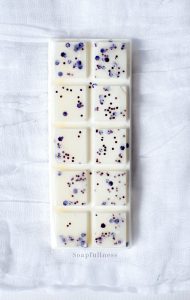Wellbeing Activities
10 of the Best & Affordable Wellbeing activities at home
Wellness activities matter to our mental health and self-care.
Making time to take care of your physical and mental health is essential. Engaging in wellbeing activities and self-care has been proven to reduce anxiety, depression, stress, frustration and anger, whilst improving concentration, energy and happiness. From a physical perspective, it has been shown to reduce heart disease, strokes and even cancer.
We live in a time where we work long hours and can have a short amount of down time. We have a lot of pressure especially during the cost-of-living crisis. Burnout is real and it can have a detrimental impact to both our physical and mental health.
Making time for welling activities or self-care can be tough. But it is one of the best investments that you can make for yourself.
We care about self-care and that is why we have come up with 10 of the best and affordable wellbeing activities that you can do in the comfort of your own home.
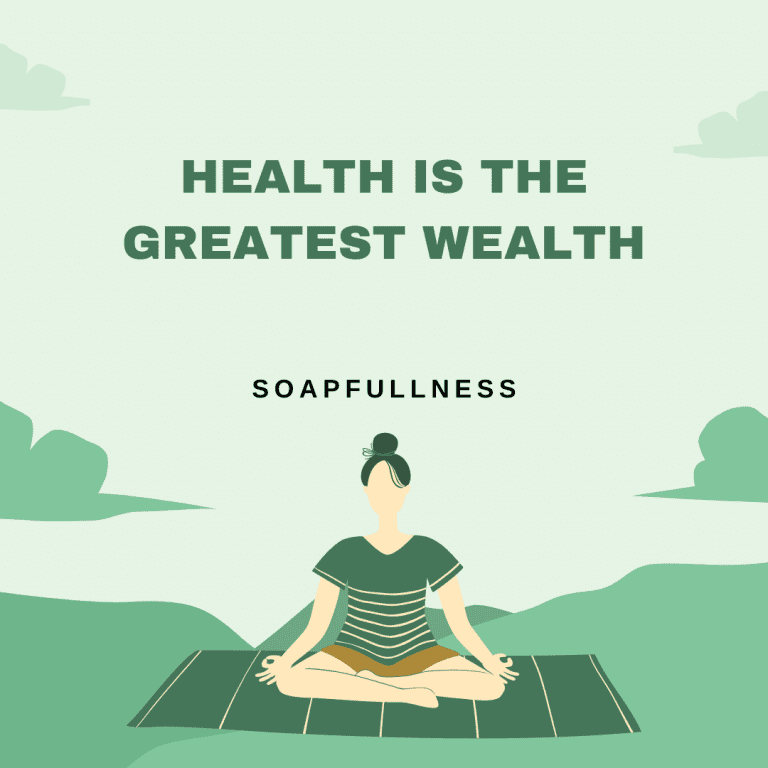
Taking time for wellness activities or self-care doesn’t need to be hard, nor expensive. Everyone is different and unique and which means that when it comes to wellness activities and self-care, one model does not fit all. Wellness activities and self-care is unique to you, so do what works for you.
Find wellness activities that you enjoy and look forward to doing, otherwise you won’t get any real benefits.
Here at Soapfullness we have come up with 10 affordable ways in which you can take time for some wellness activities or self-care at or close to home. We hope that you enjoy.
.1.
Go on a Morning Walk
Wellbeing Activities and Self-Care
Making time for wellbeing activities into your daily living is essential. Wellbeing activities do not need to be expensive or challenging. Simple activities such as going for a walk can be classed as a wellbeing activity.
The NHS recommend that you get at least 150 minutes of moderate physical activity each week, this equates to around 20-30 minutes a day.
There is nothing like some beautiful fresh air to boost your energy levels, ready to start the day.
It has been reported through studies that adults who walk for 20 minutes outdoors experience more vitality and energy than those who walked for 20 minutes indoors.
‘‘Climb the mountains and get their good tidings. Nature’s peace will flow into you as sunshine flows into trees. The winds will blow their own freshness into you, and the storms their energy.’’ John Muir.
Going for a walk has psychological benefits such as improving self-esteem, boosting your mood and motivation, reducing stress, anxiety and fatigue. It can help you to feel refreshed and rejuvenated ready to start the day on a positive note and mindset.
A morning walk may also help improve your mental clarity and ability to focus throughout the day. In a recent study it was found that older adults who started their day with a morning walk improved their cognitive function, compared to those who remained sedentary.
Research has also shown that walking can help you think more creatively as it helps open up a free flow of ideas, which in turn may help you to problem solve.
Walking is a great example of taking care of your mental and physical health through wellbeing activities which doesn’t cost much other than time.

.2.
Read a Book
Wellbeing Activities and Self-Care
Isn’t this a perfect wellbeing activity?!
Switch off and get lot in a book is a perfect way to include wellbeing activities into your daily life.
Sometimes we need to disconnect from our daily lives. The benefits of picking up a book are real.
Reading can provide us with a healthy escape to our everyday life. When you open a book, you are not relying on the visuals of a tv show, you are imagining and inventing the story and getting those creative juices flowing.
“Reading can even relax your body by lowering your heart rate and easing the tension in your muscles. A 2009 study at the University of Sussex found that reading can reduce stress by up to 68%.
For us we adore a book in the bath with a beautiful self-care candle. Reading is a great wellbeing activity as again it isn’t typically expensive.
Rummage through a charity shop, support a local book store, borrow from a friend, join a book club. Books are good for the mind and soul.

.3.
Nourish your Body with 5 Portions of Fruit and Veg a Day
Wellbeing Activities and Self-Care
Another Wellness activity is to nourish your body with 5 portions of fruits and veg a day.
Studies have shown that people who eat plenty of fruit and veg a day have a lower risk of developing many diseases such as heart disease, stroke, high blood pressure, some cancers (including mouth, throat, stomach, bowel and lung cancer).
Which makes it a perfect wellbeing active to focus on at home.
There is evidence to suggest that for every portion of fruit and vegetables eaten there is up to 30% protection against heart disease and up to 20% protection against some cancers.
Eating more fruit and vegetable is the second most important cancer prevention strategy after stopping smoking.
Eating a variety of fruit and vegetable will provide your body with different minerals and vitamins that work towards making energy.
Meal planning is a great way to make a star. Whilst it can be overwhelming as you try new foods and nourish your mind and body.
We confess that this can be hard, but add a little structure and plan meals and snack in advance. Ban yourself from indulging in chocolate and crisps because they are convenient. Don’t tempt yourself with foods which won’t nourish your body.
That isn’t to say don’t enjoy a good chocolate bar or packed of crisps, we all need enjoyment but within reason.
It can be easy to fall into bad habits with convenient foods, so make it less easy to pick up a packet or bar. Buy less, be more conscious and make good decisions about supporting your body and mind.
Whilst we appreciate that this sounds like a easy wellbeing activity, we know and appreciate that it can be hard but it is also so incredibly worth it.

.4.
Limit Coffee Intake
Wellbeing Activities and Self-Care
Coffee can become a habit without realising. From that first cup in the morning, to the one at the lunchtime break to the one just to get you through the end of the day. There is always a good excuse to have a coffee!
However, whilst coffee can provide some health benefits it can also have a detrimental effect on your energy levels and can become an unhealthy habit which is why it has made our wellbeing activity list as it’s something to be conscious of.
Caffeine enhances your focus and cognition by stimulating your nervous system by increasing brain activity. The effects typically start within 60 minutes of consumption and on average can last for up to 5 hours.
After the stimulating effects of caffeine wears off, most commonly an individual could become less alert and focused. It has been known for individuals to experience headaches, drowsiness, feel less content, experience a depressed mood, become irritable and feel head foggy as part of the caffeine crash.
And that’s where the dangerous cycle can begin. It can become habit to grab another caffeinated coffee to get that energy hit. It’s a simple habit that is incredibly easy to form. Each time you feel the caffeinated energy crash, you reward your body/brain with another quick boost of energy.
But by the end of the day, that caffeine high can become the caffeine crash which can have a detrimental effect upon your sleep quality, especially if you consume caffeine too close to bedtime, or consuming too much during the day/night.
In one study, participants consumed a pill containing 400 mg of caffeine, which is equivalent to around four 240-mL cups of coffee — 6 hours just before bed. These participants experienced disrupted sleep and difficulty falling asleep resulting in 1 less hour of sleep.
We all know how important sleep is to our mind and bodies. It is recommended by experts to get between 7-9 hours of sleep per night. Sleep disruption can increase fatigue and sleepiness the following day.
Inadequate poor sleep is also linked to a higher risk of chronic illnesses like heart disease, strokes, obesity, weight gain, dementia, type 2 diabetes, depression and increased risk of death. Alongside the chance of experiencing impaired immune function, increased pain and being at great risk of accidents.
It is recommended that if you are drinking caffeine to drink it early in the day and to limit your intake to no more than 400 mg a day for a healthy adult. If you are pregnant then please speak with your GP about caffeine intake.
Caffeine in take is incredibly important to be aware of when it comes to self-care and wellbeing activities at home.Whilst it is easy to fall in love with the taste and affects of coffee, it is so important to be conscious of the effects that it has on you mentally and physically and this is why it has made the wellbeing activity list.

.5.
Increase Water Intake | Stay Hydrated
Wellbeing Activities and Self-Care
Water makes up 60 % of our total body weight and 90% of brain weight. Staying hydrated is vital for bodily functions. Water boosts energy as it delivers important nutrients to our cells, which can postpone muscle fatigue.
Staying hydrated is crucial for marinating your body temperature. Physical activity and hot environments can cause your body to lose water.
Whilst sweat helps to keep your body cool, if you do not stay hydrated then your body temperature will rise making it harder for your cardiovascular system and it will increase your heart rate to help maintain blood pressure.
When we begin to feel dehydrated it is likely that we will feel thirsty and fatigue and the onset of a mild headache may occur. This can then lead onto mood swings, poor concentration, feeling light headed as well as mental and physical decline. The risk of exhaustion or collapse increases.
Some of the benefits of staying hydrated mean that:
♥ You have more stable energy levels
♥ Improved Concentration
♥ Improved Mood
♥ Support your Brain Function
♥ Help Physical Performance
♥ It may help Prevent Headaches
The best way that we find to stay hydrated at Soapfullness is our love for Klean Kanteen bottles. Grab an insulated water bottle and it can keep your water cool up to 14 hours. It is also a great way to track and increase your water intake.
Take care your mind and body and nourish it with some water. Wellbeing actives don’t need to be complicated or expensive.
Staying hydrated is one of the simplest and cost effective wellbeing activities for self-care.

.6.
Schedule Time for Self-Care
Wellbeing Activities and Self-Care
We live in a busy world and taking the time for self-care and wellbeing activities is vital for both your physical and mental health. Our article ‘20 of the Best Self-Care Strategies when you have a Disability or Chronic Condition’ can be applied to anyone and is certainly worth a read.
Self-care is about supporting and enabling a system where you take the time to feel good mentally and physically, whether that’s relaxing, doing some yoga, having a bath, reading a book, meditating, taking care of your skin, sitting outdoors, going for a hike, etc.
Self-care is personal and unique to you.
Forming habits can be hard. Look at your week and block some time out for self-care and wellbeing activities. It doesn’t need to be long, expensive or challenging. It can fit into your lifestyle how you want and need it to. Making time for you is essential, so that you don’t burn out.

.7.
Do a gentle Stretch or Yoga class on YouTube
Wellbeing Activities and Self-Care
Stretching out, there is nothing more satisfying! Think about when you wake up in the morning and take that first stretch. Think about how it feels mentally and physically. We bet it’s a good feeling!
Building a gentle stretch or yoga class into your wellness activities at home is a really positive idea to support your mind and body.
Stretching has so many positive effects on your body such as:
♥ Increasing Flexibility
♥ Increasing range of Motion
♥ Improving Blood Flow to your Muscles
♥ Improving Performance in Physical Activities
♥ Improving your Posture
♥ Help Reduce Back Pain
♥ Reduce Muscle Tension
♥ It increases blood flow which increases the delivery of nutrients to muscles which can help reduce muscle soreness
Stretching can also have lot of positive mental effects such as:
♥ Stabilising and Improving our Mood and Emotions
♥ Having a Clear Mind
♥ Reducing Stress
♥ Fighting Fatigue
♥ Decreasing Anxiety and Depression
♥ Brings awareness and mindfulness to your mind and body
Incorporating stretching into your wellness activities and self-care is likely to have many positive effects on you.
It’s good to start forming the habit of stretching a couple times a week and it will help you to feel good both mentally and physically and it’s one of our favourite wellbeing activities too!
When stretching take it slow, be gentle, respect and listen your body. If you have any medical conditions, please seek medical advice.
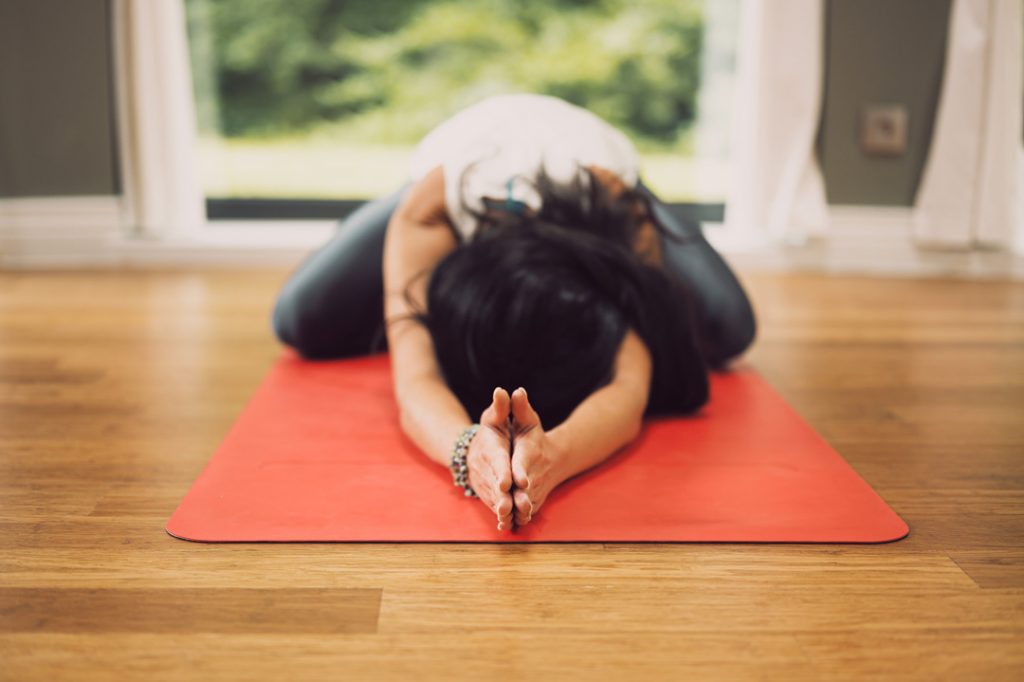
.8.
Sleep
Wellbeing Activities and Self-Care
Sleep is so important to physical and mental health. It impacts how we feel, our emotions, our mood, our energy levels, our cognition and our ability to complete tasks.
Sleep is vital, and so is having a healthy sleeping pattern.
It is recommended by sleep experts that adults should be getting 7-9 hours’ worth of sleep per night. Our bodies are all so different which means whilst one person is fine on 7 hours, others will be needing to get 9 hours’ worth of sleep in.
Spending time on sleeping habits is really essential to both physical and mental health, which makes it a great form of self-care and wellness activities.
Spending time to understanding what helps you sleep, what doesn’t help you sleep, what makes you feel relaxed before bed, what makes the bedroom comfortable are all essential questions you should be understanding about yourself.
It is one of the wellbeing actives that requires time, thought and analysis and when you understand and get things right for you, the benefits will be amazing!
Here are 5 tips to help Improve your Sleep:
Create a Sleep Schedule
Know when you go to sleep and when you wake up. Everyone is different but understand what works for you. Be consistent with your routine and it will help your body understand when it is supposed to be sleeping and waking.
Disconnect and Unwind at the end of the day
Create a night time routine that will allow you to switch off from the day. Most of us need some time to decompress from the day to allow our body and mind to relax so that it helps set yourself up for a good night’s rest.
Ensure your Environment suits your needs
Think about room temperature before going to bed. Some people like warm rooms, some like cold, some like the windows open others find it too noisy. Figure out what is best for you and plan to make the room comfortable for the time that you are going to bed.
Avoid Caffeine
Avoid caffeine for at least 6 hours before your bedtime routine so that you can switch off and relax.
Limit Naps
Naps can be a great way to regain energy in the day, but they can interrupt and introduce you sleep schedule and quality at night time. If you need a nap, try and keep it under 20 minutes and avoid in the afternoons where possible.
Sleep is such a vital part of our Wellbeing activities at home. It’s free and it can greatly affect how you function physically and mentally. Take time with this wellbeing activity. It’s not going to be an overnight success, but once you start understanding what you need, you will reap the results.

.9.
Self-Care Candles and Wax Melts
Wellbeing Activities and Self-Care
Purchasing candles and wax melts for wellbeing activities and self care at home is not only affordable but super relaxing. Our sense of smell is closely linked with memory which is why smell is one of the most important senses.
Watching a candle flicker away is very meditative. Candles and Wax Melts are amazing for surrounding your room in beautiful aromas and helping you to feel relaxed. It is one of the ultimate wellbeing activities on this list!
Think about the last time that you loved a smell. Think of the smell of a new book or car, the smell of baking, or the smell of the sea. How did it make you feel?
Smell effects how you feel about a situation and it can have a big impact upon your mood and emotion.
If you dislike a smell you are going to try and spend less amount of time in that space because you do not feel comfortable or relaxed.
However, if you love a smell, it is highly likely it will make you enjoy being in that space. At Soapfullness we know that self-care also considers your environment around you. We want to create home aromas which will have you embracing some self-care time at home.
Small changes can lead to positive outcomes. Making small changes can have a big impact to both mental and physical health. That is why we have created a wonderful range of Luxury Candles and Soy Wax Melts.
Candles and Wax melts are a great way to enhance any room. The smells can help you feel good, they can help you focus and provide clarity.
So, whether you are working from home, doing a work out at home or relaxing in the evening, candles and wax melts are a fantastic way to make a space smell amazing.
We have a wonderful collection of self-care candles and self-care wax melts. We have created our collection with you in mind as we want to have a positive impact upon your mental and physical health.
Whilst most of our Wellbeing activities are mainly free, sometime it is nice to indulge in something that you enjoy. Self-care candles and self-care wax melts have been a big part of our own healing and self care.
This is why they have made our Wellbeing activities list. They can have such a powerful and wonderful affect on us.
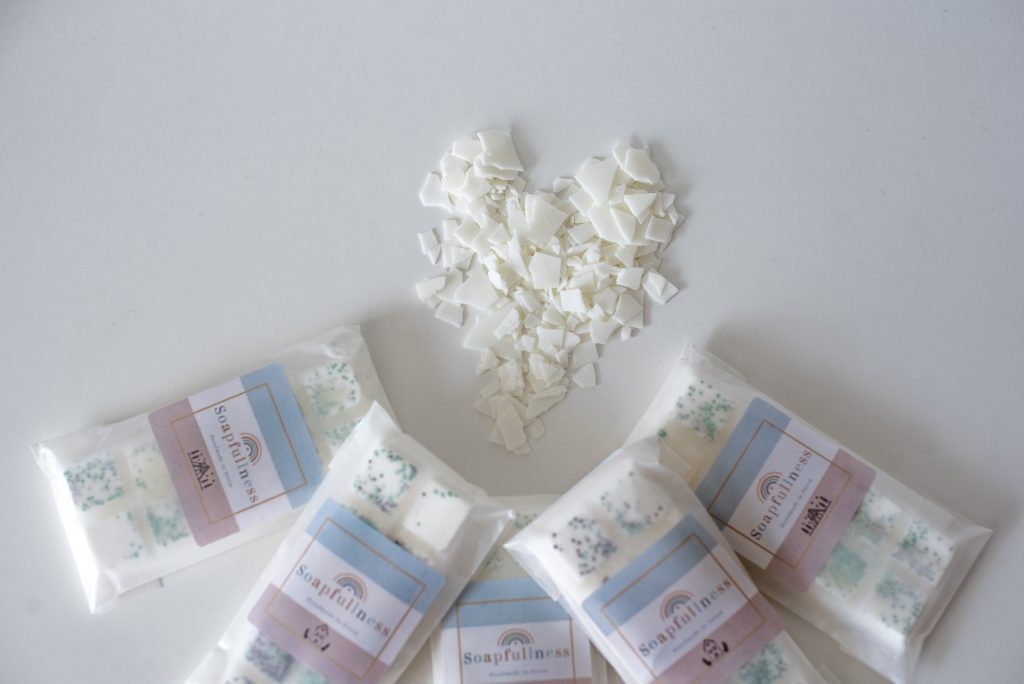
.10.
Have a Bath | Benefits of Taking a Bath
Wellbeing Activities and Self-Care
One of the best wellbeing activities (in our opinion!).
Making time for a bath as part of your wellness activities or self-care routine is one of the easiest and most enjoyable ways to switch off and relax.
Having a bath is so incredibly therapeutic and relaxing and this is why it’s on our wellbeing activities list.
There are many reasons why having a bath is beneficial and should be included in your wellness activities and self-care routine such as:
Improving Your Heart Health
“The high temperatures in a warm tub or sauna cause your blood vessels to dilate, which lowers blood pressure,” says Dr. Adolph Hutter, professor of medicine at Harvard Medical School.’’
Those who take baths nearly every day were compared in a study to people who tool baths less than twice a week, it was discovered that those who tool a bath nearly every day had a 28% lower risk of cardiovascular disease and a 26% lower risk of stroke (Harvard Health).
Helping you Breathe Easier
Having a warm bath for self-care/ wellness activity helps your blood flow easier, making it more oxygenated which will allow you to breathe deeper and slower. The temperature of the water and pressure on your chest increases your lung capacity and oxygen intake.
Help Calm your Nervous System and helps to Reduce Pain and Inflammation
Having a bath is soothing and peaceful. Being submerged in water can help reduce pain, inflammation and also calm your nervous system.
Warm water can activate your parasympathetic nervous system (the part of your body responsible for relaxation) and also increase the levels of Serotonin which can help reduce stress and anxiety whilst boosting your mood.
Warm water stimulates blood flow to stiff muscles and joints which will help relax your muscles, reduce muscle spasms and promote tissue healing.
Help Your Body and Mind Relax
As we mentioned above the submersion in warm water helps you to breathing to become slower and deeper as you inhale more oxygen. This deep breathing can help activate the parasympatic nervous system which in turns tells the anxious part of your brain that you are safe and that you don’s need to use the fight, flight or freeze response. Deep breathing gets more oxygen to your brain.
Alongside this, when your body enters a warm bath, the warm water increases your body temperature and relaxes the muscles. The warm bath also encourages circulation which provides your muscles with more nutrients and oxygen. This will help ease muscle tightness and help relieve pain.
Essentially a warm bath us a great environment to escape to away from everyday stressors and have some time to relax and switch off mentally and physically.
Baths Help to Relieve Stress and Anxiety
With the parasympathetic nervous system activated, it is a great time to introduce some meditation. Having a warm bath allows you to take some time away from daily stressors. It allows you to feel safe, comfortable and relaxed which is the perfect time for some reflection.
These are just some of the resaons why having a bath has made our wellbeing activities list.
With the help of the warm water increasing your Serotonin levels, having baths is a great way to help improve your mood especially if you deal with depression or anxiety.
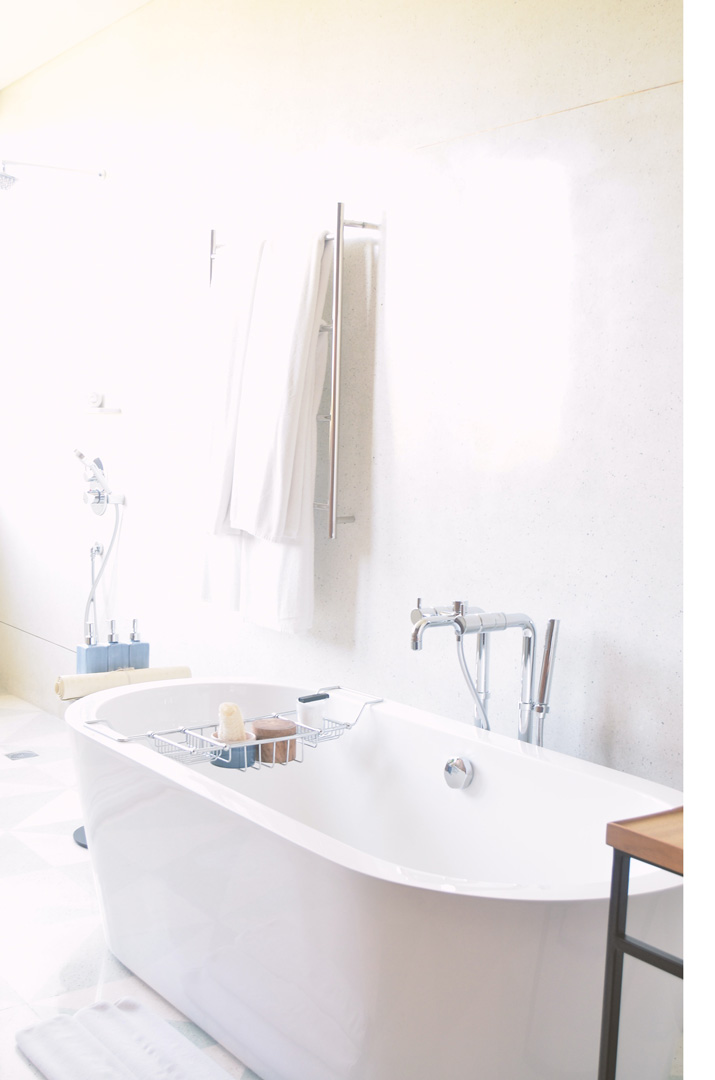
How to Embrace a Bath for Self-Care and Wellbeing Activities
Wellbeing Activities
Set the Lights Low
If you’re looking to relax, then you need to consider what lighting you have in your bathroom.
Bright light can supress melatonin, the hormone that is produced in response to darkness. Melatonin supports your circadian rhythm and sleep.
Think about how light makes you feel and the ambiance that you want. If you want to switch off and relax, then bright white light might not be what you are after.
Grab some Self-Care Candles or Wax Melts (use safely)
A great way to create a relaxing ambiance. There is nothing more beautiful than watching the candle flame flicker away whilst it creates the most beautiful aroma whilst you’re having a relaxing bath. We have a beautiful range of luxury candles here and wax melts here.
Bathroom Temperature
Ensure your bathroom temperature is around 25 degrees so that it is warm when you get out.
This is to reduce the cold stress your body experiences because of the bathroom temperature. A study compared a bathroom at 14 degrees to 25 degrees and they found that the participants felt warm and comfortable at the 25-degree temperature. Find the study here.
Just think about how you feel when you come out of a swimming pool into cold changing rooms, it can be a bit of an unpleasant shock!
Ensure the Bath is at between 40-42 degrees
This is just above average body temperature and will help you muscles and body to relax. Please note this this temperature is different for babies and elderly and is also down to personal preference too!
Pop some Epsom Salts in the Bath
Epsom salts are amazing! They have an array of health benefits such as stress relief, help reduce muscle pain and inflammation, to name but a few.
Grab a towel and make it warm ready for you to come out (you can even do it with your pyjamas!)
Relax and embrace your bath for a minimum of 15 minutes, but hopefully a lot longer!
Having a bath is the one of our faviourite wellbeing activities to switch back to and relax.
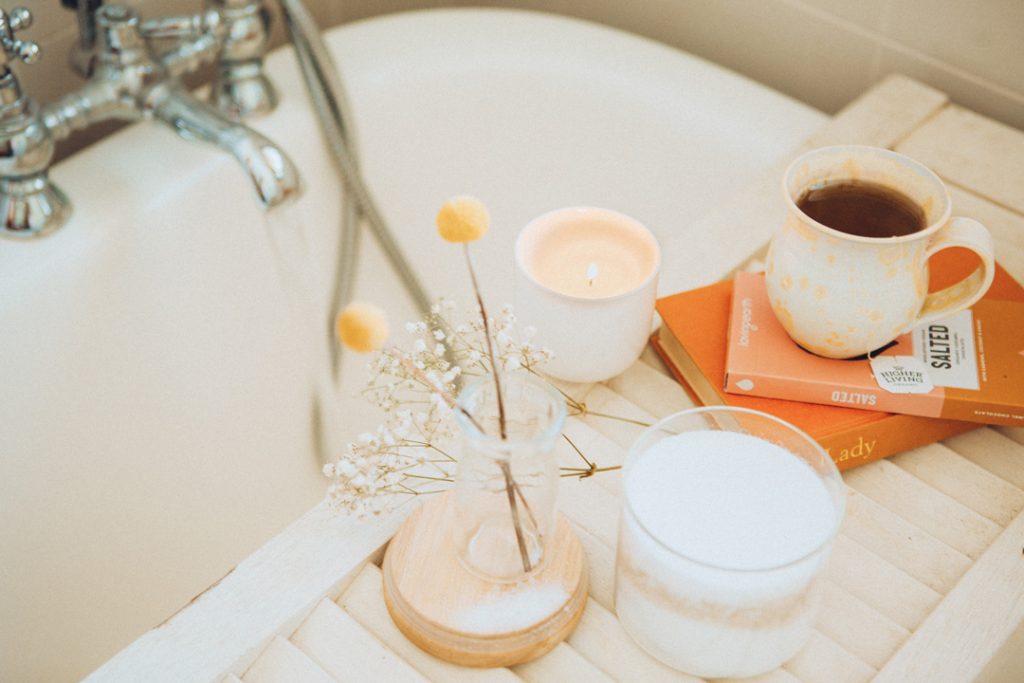
♥ Our Wax Melts are Made with 100% natural soy wax.
This means that our Soy Melts are non-toxic, strong scent throwing, clean burning.
♥ Our Soy Melts are long lasting and will last 60-90 hours, making them excellent value for money.
♥At Soapfullness we do our upmost to use recycled and recyclable materials for our packaging.

